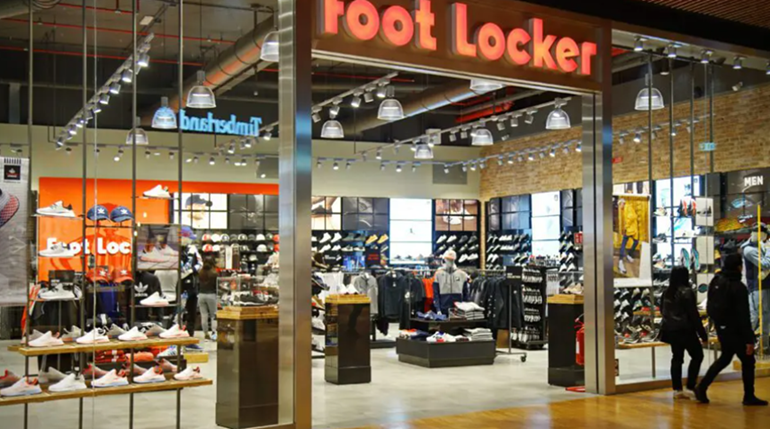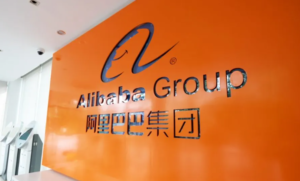Foot Locker, the popular sneaker retailer, experienced a significant setback as its shares plummeted by approximately 30% following the release of its holiday-quarter financial results. Despite reporting a modest increase in revenue, the company recorded a loss for the quarter, leading to concerns among investors and analysts.
The company’s finance chief, Mike Baughn, acknowledged that Foot Locker is behind on meeting its financial goals, citing challenges in the retail landscape. As a result, the company revised its profitability target, now aiming to achieve an EBIT margin of 8.5% to 9% by 2028, a delay of two years from its previous projection.
In the fiscal fourth quarter, Foot Locker reported adjusted earnings per share of 38 cents, surpassing analysts’ expectations of 32 cents. However, the company swung to a loss of $389 million, or $4.13 per share, compared to a profit of $19 million, or 20 cents per share, in the same period last year.
Despite these challenges, CEO Mary Dillon remains optimistic about the company’s future. Dillon highlighted Foot Locker’s efforts to drive full-price sales and increase customer engagement, particularly in the digital space. The company aims to strengthen its brand partnerships and enhance its omnichannel retail experience to attract a broader customer base.
Dillon, who took over as CEO in 2022, has been focused on revitalizing Foot Locker’s business model. She has made strategic changes to the company’s executive team and has worked to improve its inventory management and forecasting capabilities.
One area of concern for Foot Locker has been its relationship with Nike, its largest supplier. While Nike continues to view Dick’s Sporting Goods and JD Finish Line as key partners, Foot Locker recently announced a new partnership with the sportswear giant. The partnership, known as The Clinic, aims to enhance Foot Locker’s engagement with consumers through interactive activations and community events.
Despite the challenges ahead, Foot Locker remains committed to its long-term goals. The company is optimistic about its growth prospects, particularly in the digital space, and is confident in its ability to adapt to the evolving retail landscape.
(Source: Seeking Alpha | Barron’s)









